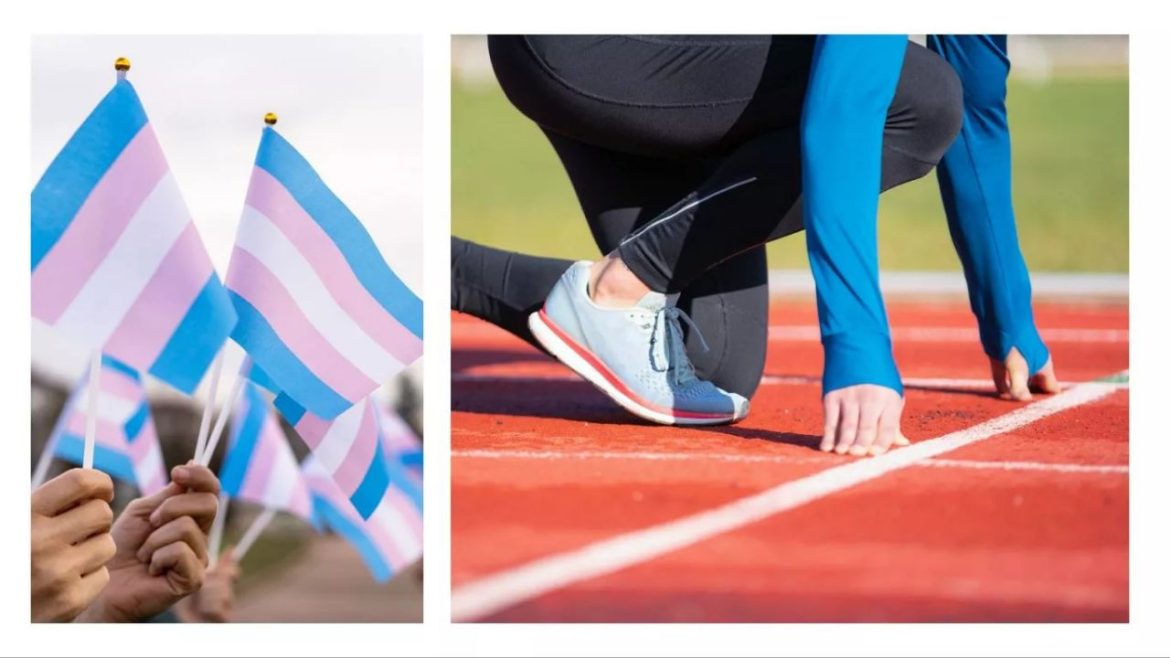The U.S. Olympic & Paralympic Committee (USOPC) has issued new rules prohibiting transgender women from competing in women’s events—a move aligning with a federal executive order issued by Donald Trump in February 2025. This policy shift has generated sharp debate over fairness, inclusion, and political influence in sports.
New USOPC Rules
In its updated Athlete Safety Policy, the USOPC now mandates that all national sports federations enforce standards consistent with Executive Order 14201, titled “Keeping Men Out of Women’s Sports”, signed by Donald Trump in February 2025. While the policy does not explicitly mention “transgender women,” it makes clear that athletes must be female by birth assignment to compete in women’s divisions in order to maintain a “fair and safe competition environment”.
Alignment with Trump’s Executive Order
Executive Order 14201 assertively bars transgender girls and women from participating in women’s sports and threatens the withdrawal of federal funding from institutions that defy the directive under its interpretation of Title IX. The USOPC justifies its policy change by citing its status as a federally chartered entity with an obligation to comply with federal expectations.
National and Institutional Impact
Starting August 1, 2025, U.S. sports governing bodies—including USA Swimming, USA Fencing, and USA Track & Field—are required to enforce similar bans for competition at youth through Olympic levels. The change follows broader institutional shifts, including a revised NCAA policy which limits women’s college sports to individuals assigned female at birth.
Criticism from Advocates and Legal Experts
LGBTQ+ rights organizations and legal advocates have condemned the policy. The National Women’s Law Center warned the vagueness of the rule may lead to invasive sex-testing and trauma for athletes, arguing that the USOPC is surrendering expert decision-making to political pressure. Athlete Ally likewise decried the change as erasing transgender individuals from sports and society, asserting it lacks a basis in peer-reviewed research and undermines inclusive athletic pathways.
International and Legal Context
The U.S. move notably diverges from the International Olympic Committee (IOC) and other global sports authorities that permit transgender women to compete under guidelines based on medical and hormone criteria. IOC President Kirsty Coventry has reportedly formed a working group to address these issues, with international support cited for protecting women’s categories—though her own stance also favors exclusion of trans women from women’s events.
Meanwhile, at least one federal lawsuit has been filed challenging Executive Orders 14168 and 14201 under claims they violate constitutional rights and Title IX protections as interpreted under Bostock v. Clayton County.
What It Means for 2028 and Beyond
It remains uncertain how enforcement will unfold leading up to the 2028 Summer Olympics in Los Angeles. Trump’s executive order includes provisions threatening visa denials to transgender athletes and diplomatic pressure on the IOC to amend its policies. The shift raises questions about the future direction of inclusion, athlete rights, and the integrity of gender‑based competition in American sport.


